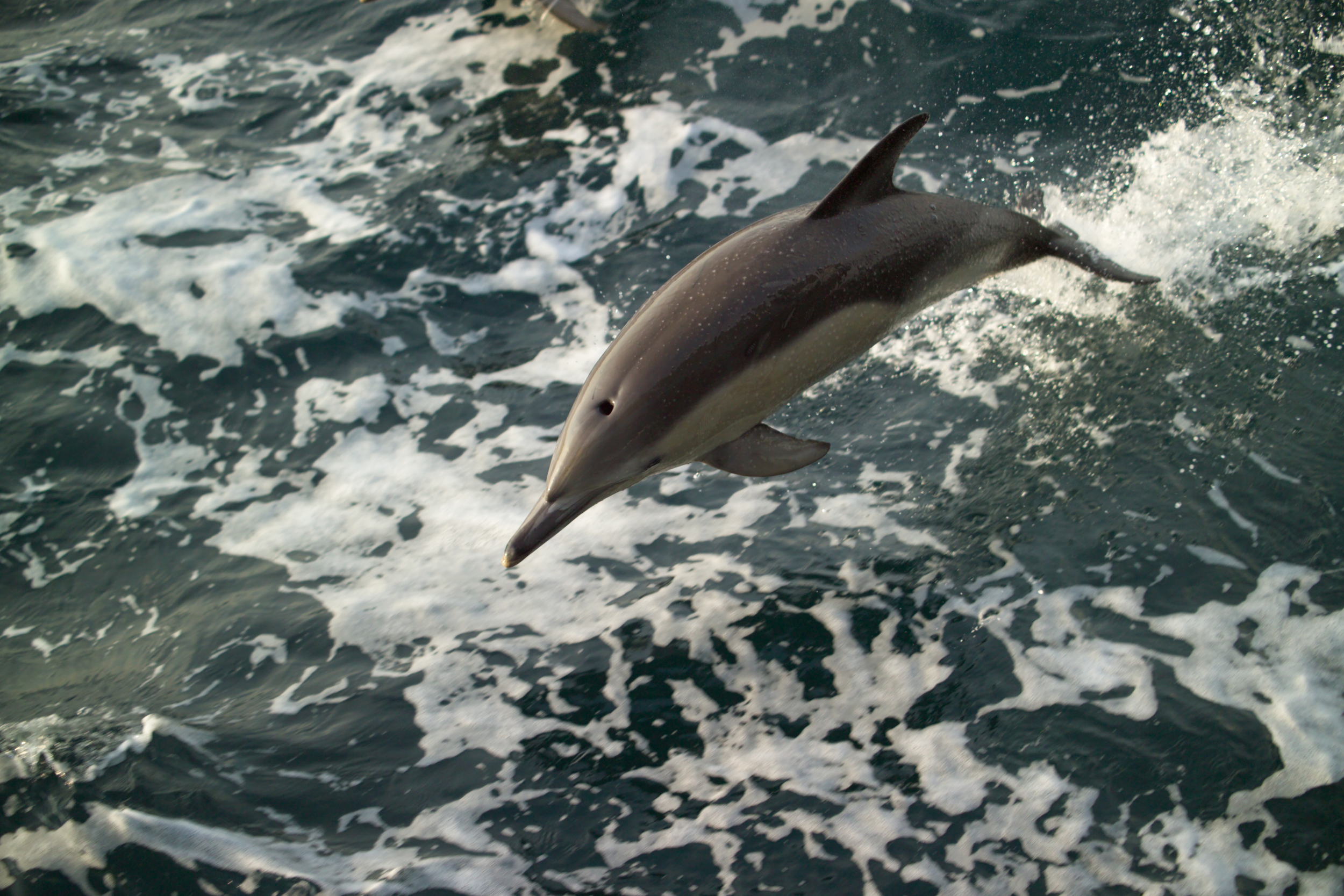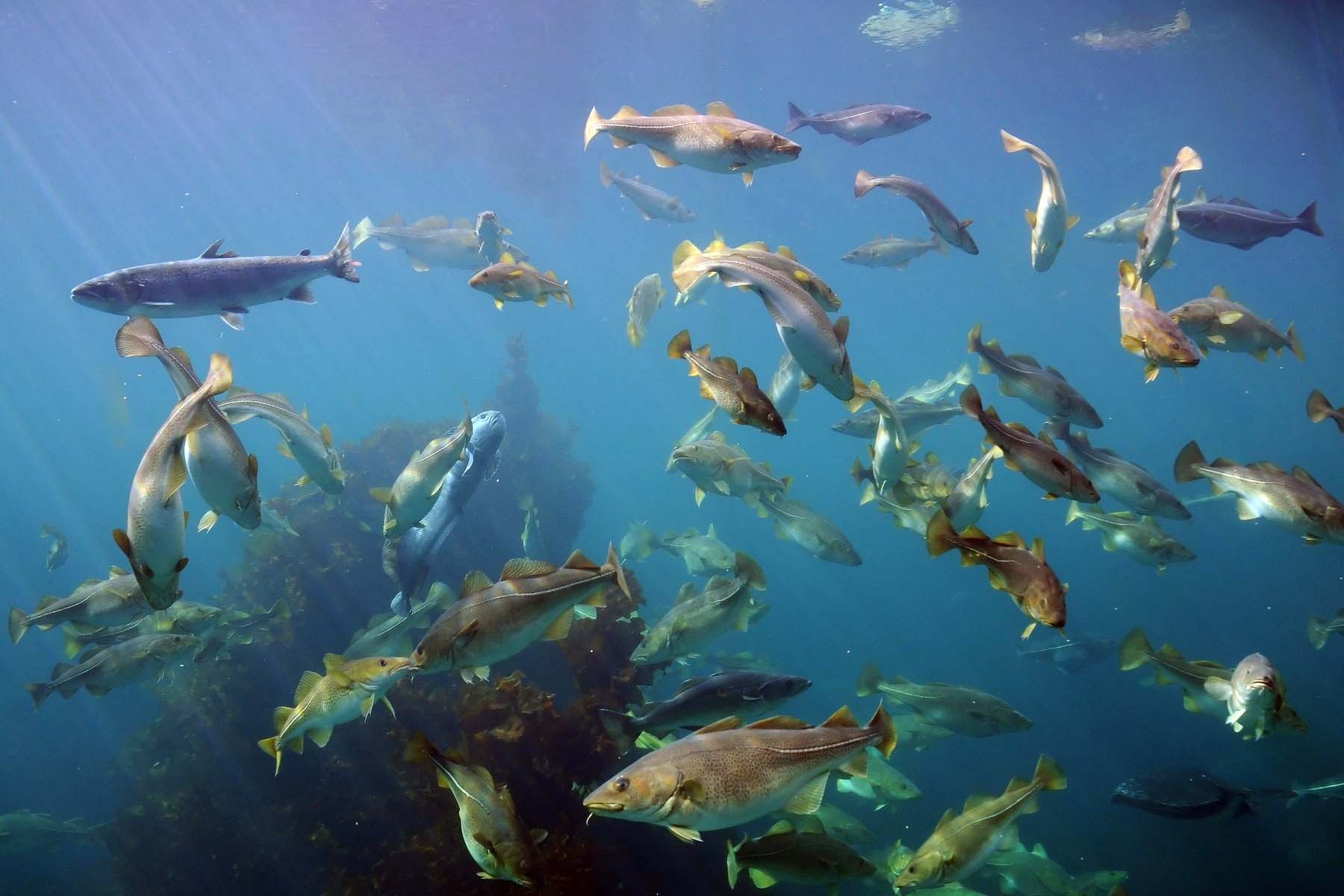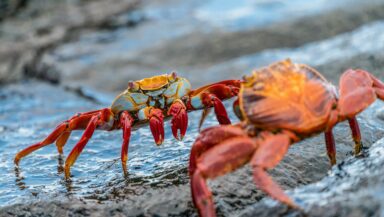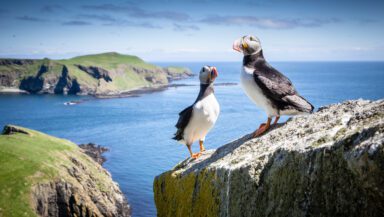Operation Ocean Witness is a Greenpeace campaign that exposes destructive fishing practices. High & Dry highlights the growing alignment between conservationists and the UK’s fishing communities. Both want sustainable fisheries that allow nature to thrive and feed us into the future.
A discussion released alongside High & Dry illuminates this growing alliance. The talk hosted by actor Simon Pegg includes Greenpeace campaigner Fiona Nicholls, small-scale fisherman Martin Yorwarth, and Jeremy Percy, director of the New Under Tens Fishermen’s Association. Together they make the urgent case for robust protections against harmful industrial fishing.
Key ideas
Marine Protected Areas
Special parts of the sea that have some kind of protection - usually not enough!

Bottom trawling
A destructive fishing technique that involves dragging weighted nets over the sea floor.

Nigel Farage told us, “if we vote for Brexit, we’ll save this industry”. Michael Gove promised the post-Brexit Fisheries act would bring “gold standard” fisheries management. And Boris Johnson pledged to “ban these hoover trawlers”. None of this has happened. Instead, our marine environment and fishing conditions are deteriorating.
High & Dry exposes Marine Protected Areas (MPAs) as little more than lines on a map, offering no protection. Most MPAs are still subject to industrial fishing, such as bottom trawling and dredging, which destroy the sea bed. In 2019 alone, bottom trawlers spent over 200,000 hours fishing protected parts of the UK seabed.
Nature can’t recover at the speed factory fishing depletes numbers. Supertrawlers can catch hundreds of tonnes of fish in a day and spend thousands of hours fishing in the UK’s MPAs every year. In fact, small-scale local fishers have to work 17 times harder for the same size catches as 120 years ago. This competition leads to unemployment in the UK’s fishing communities. Protecting our marine ecosystems is a matter of survival for our coastal fishing fleets.
The government supports protecting 30% of our oceans by 2030. Now they should act on this commitment by putting MPAs off-limits to destructive industrial fishing activity.



